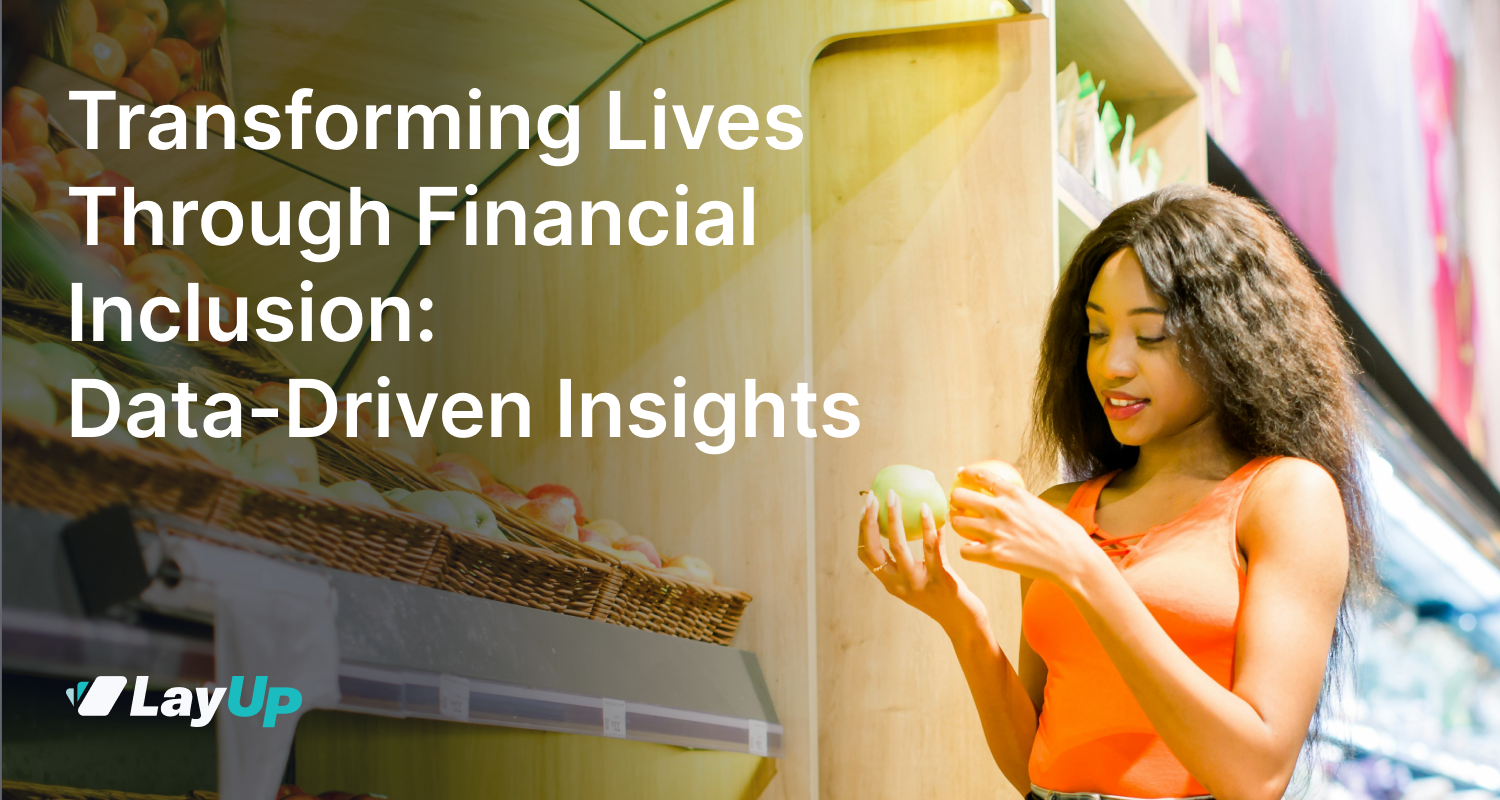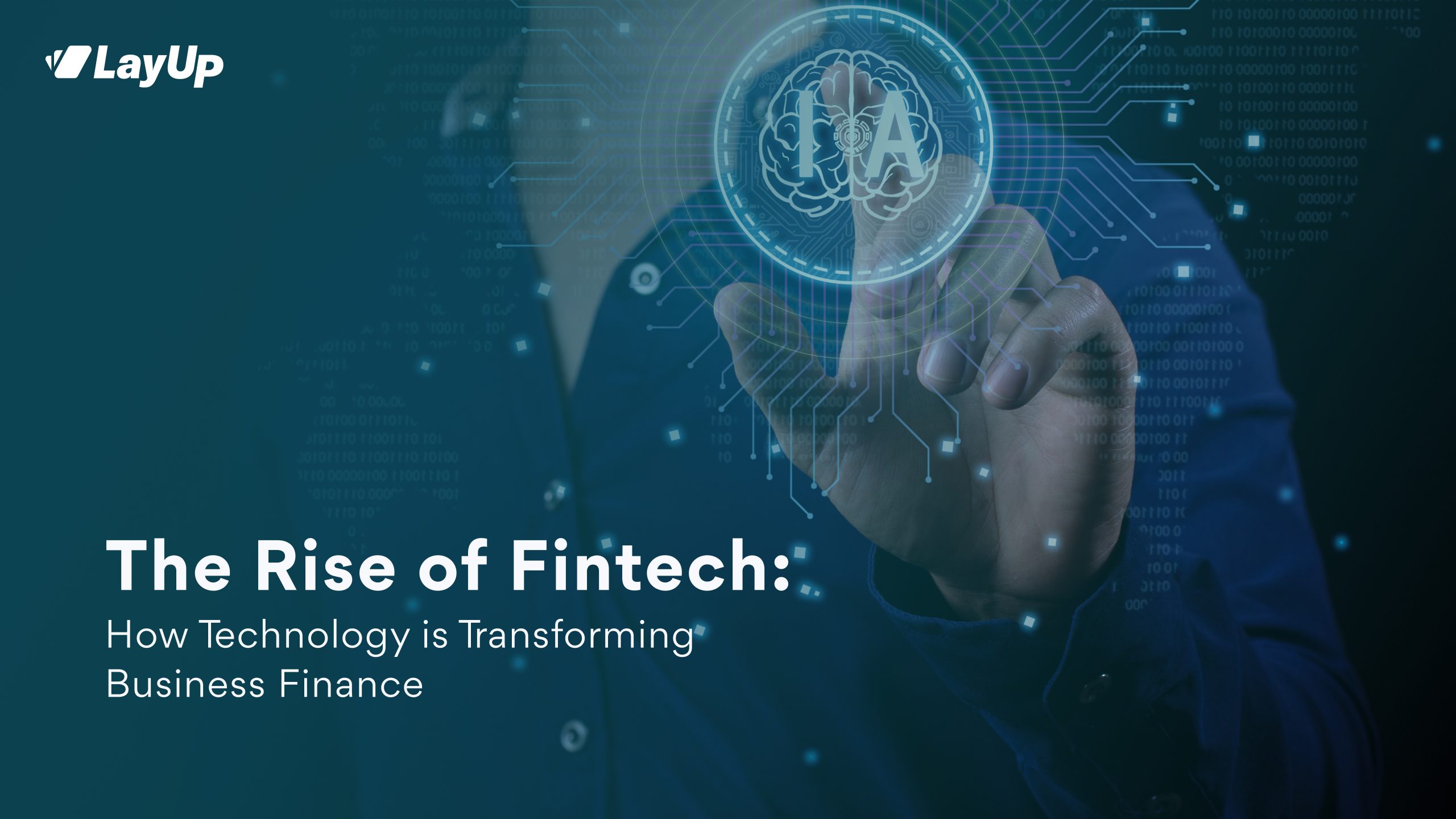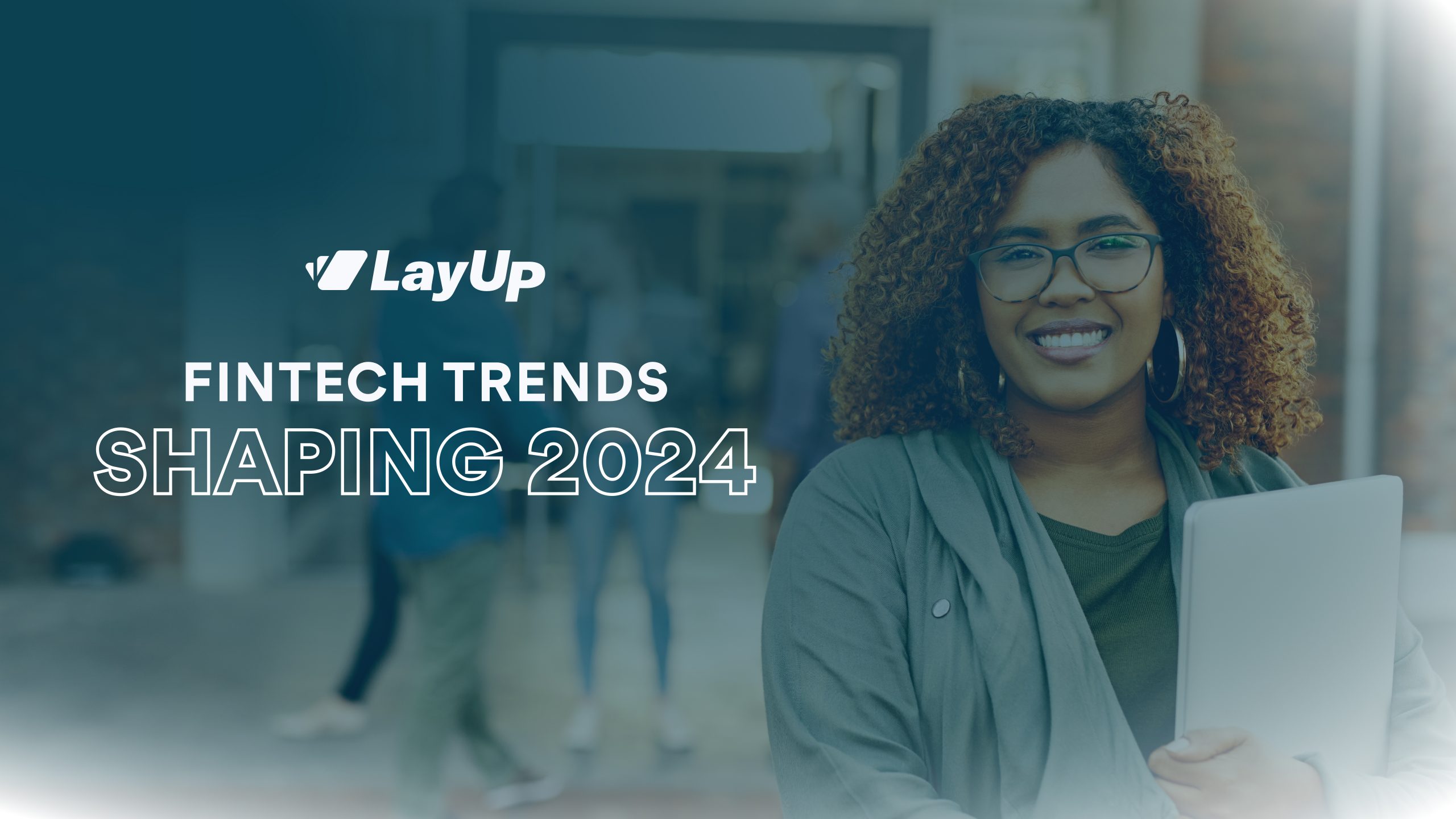When Bitcoin, a “purely peer-to-peer version of electronic cash”, was released in 2008, blockchain (the technology that runs Bitcoin) made its public debut.1 The brainchild of a person or group known by the pseudonym Satoshi Nakamoto, its expansive technological capabilities were then somewhat unknown. Fast forward 12 years to 2020, there’s now a growing recognition that blockchain can serve as a pragmatic solution to various business problems across industries. Identified as a general-purpose technology (GPT), blockchain is similar in scope to the disruptive power of the internet, the steam engine, and electricity. Even business leaders wary of tech-based solutions and global ‘hype’ have come to realise the larger, transformational importance of this digital technology.2
In order to revolutionise business and redefine companies and economies utilising blockchain technology, it’s necessary to have a foundational understanding of its capabilities and applications.
Read More









